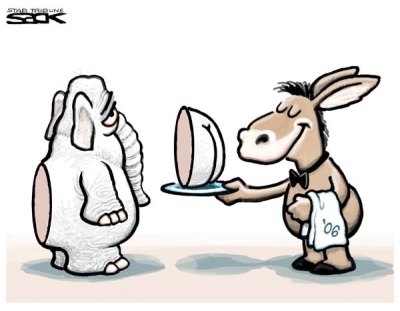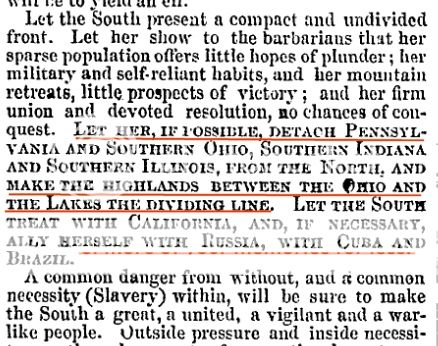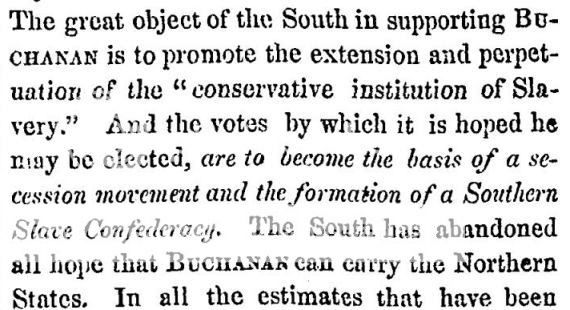The first cotton harvester was patented in 1850..strippers and harvesters were used prior to then also.The industrial revolution was occuring and those automated looms needed an ever increasing supply of cotton. The only way to pick cotton was by hand. The traitorous south was making millions off the cotton trade.....should they share it with those actually doing the work?
We know the answer to that one
The cotton gin was invented in 1794.
By 1861 slavery was a fading, inefficient and destructive practice and everyone knew it at the time.
Read something besides wikipedia..you'll learn a lot more.







